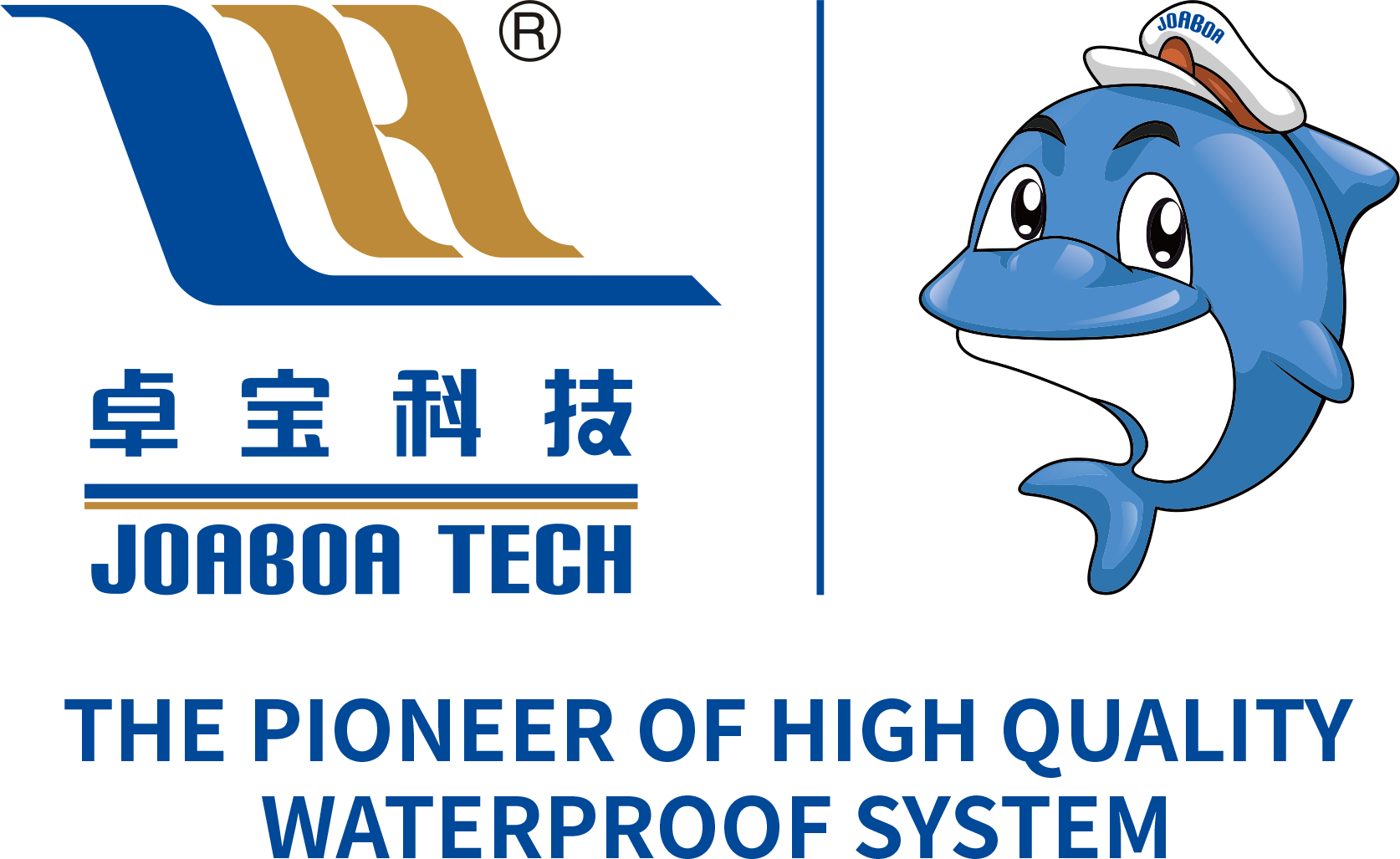Understanding SBS Bituminous Waterproofing Membranes: A Comprehensive Guide for Professionals
2025-06-24 12:00
SBS (Styrene-Butadiene-Styrene) bituminous waterproofing membranes are a popular choice in the construction and chemical industries, especially for waterproofing applications. These membranes are composed of a mixture of asphalt and SBS polymer, which enhances their flexibility, durability, and overall performance compared to traditional bituminous materials. This unique composition allows SBS membranes to withstand extreme weather conditions, making them ideal for both commercial and residential buildings.
One of the primary advantages of SBS bituminous waterproofing membranes is their exceptional elasticity. This property enables the membranes to expand and contract with temperature fluctuations without cracking or losing their sealing capabilities. This is particularly beneficial in regions with varying climates, such as China, where temperature changes can be significant. The elasticity of SBS membranes also allows for easier installation over irregular surfaces, ensuring a tight seal that prevents water ingress.
In addition to flexibility, SBS membranes offer excellent adhesion properties. They can bond effectively to a variety of substrates, including concrete, metal, and wood, which enhances their versatility in different construction scenarios. The robust nature of these membranes also makes them resistant to puncturing, tearing, and UV radiation, further extending their lifespan and reducing maintenance costs.
Another important aspect to consider is the application of SBS bituminous waterproofing membranes. They are suitable for various uses, including below-grade waterproofing, roofing, and foundation protection. The membranes can be installed using several methods, such as torching, self-adhesive, or cold adhesive applications, depending on the specific project requirements. This flexibility in application techniques makes SBS membranes highly adaptable for various construction projects.
Furthermore, the environmental impact of SBS bituminous waterproofing membranes is also worth noting. Many manufacturers are increasingly focused on developing eco-friendly products that comply with stringent environmental regulations. As a result, some SBS membranes are now available with lower volatile organic compounds (VOCs), making them a more sustainable choice for environmentally-conscious projects.
In summary, SBS bituminous waterproofing membranes represent a reliable and efficient solution for waterproofing needs in the chemical and construction industries. Their unique properties, including flexibility, durability, and versatility, make them an essential component in protecting structures from water damage. For professionals in the field, understanding the benefits and applications of these membranes can lead to better project outcomes and enhanced client satisfaction. When considering waterproofing options, SBS bituminous membranes are certainly worth exploring for their superior performance and adaptability.
One of the primary advantages of SBS bituminous waterproofing membranes is their exceptional elasticity. This property enables the membranes to expand and contract with temperature fluctuations without cracking or losing their sealing capabilities. This is particularly beneficial in regions with varying climates, such as China, where temperature changes can be significant. The elasticity of SBS membranes also allows for easier installation over irregular surfaces, ensuring a tight seal that prevents water ingress.
In addition to flexibility, SBS membranes offer excellent adhesion properties. They can bond effectively to a variety of substrates, including concrete, metal, and wood, which enhances their versatility in different construction scenarios. The robust nature of these membranes also makes them resistant to puncturing, tearing, and UV radiation, further extending their lifespan and reducing maintenance costs.
Another important aspect to consider is the application of SBS bituminous waterproofing membranes. They are suitable for various uses, including below-grade waterproofing, roofing, and foundation protection. The membranes can be installed using several methods, such as torching, self-adhesive, or cold adhesive applications, depending on the specific project requirements. This flexibility in application techniques makes SBS membranes highly adaptable for various construction projects.
Furthermore, the environmental impact of SBS bituminous waterproofing membranes is also worth noting. Many manufacturers are increasingly focused on developing eco-friendly products that comply with stringent environmental regulations. As a result, some SBS membranes are now available with lower volatile organic compounds (VOCs), making them a more sustainable choice for environmentally-conscious projects.
In summary, SBS bituminous waterproofing membranes represent a reliable and efficient solution for waterproofing needs in the chemical and construction industries. Their unique properties, including flexibility, durability, and versatility, make them an essential component in protecting structures from water damage. For professionals in the field, understanding the benefits and applications of these membranes can lead to better project outcomes and enhanced client satisfaction. When considering waterproofing options, SBS bituminous membranes are certainly worth exploring for their superior performance and adaptability.
Related News









